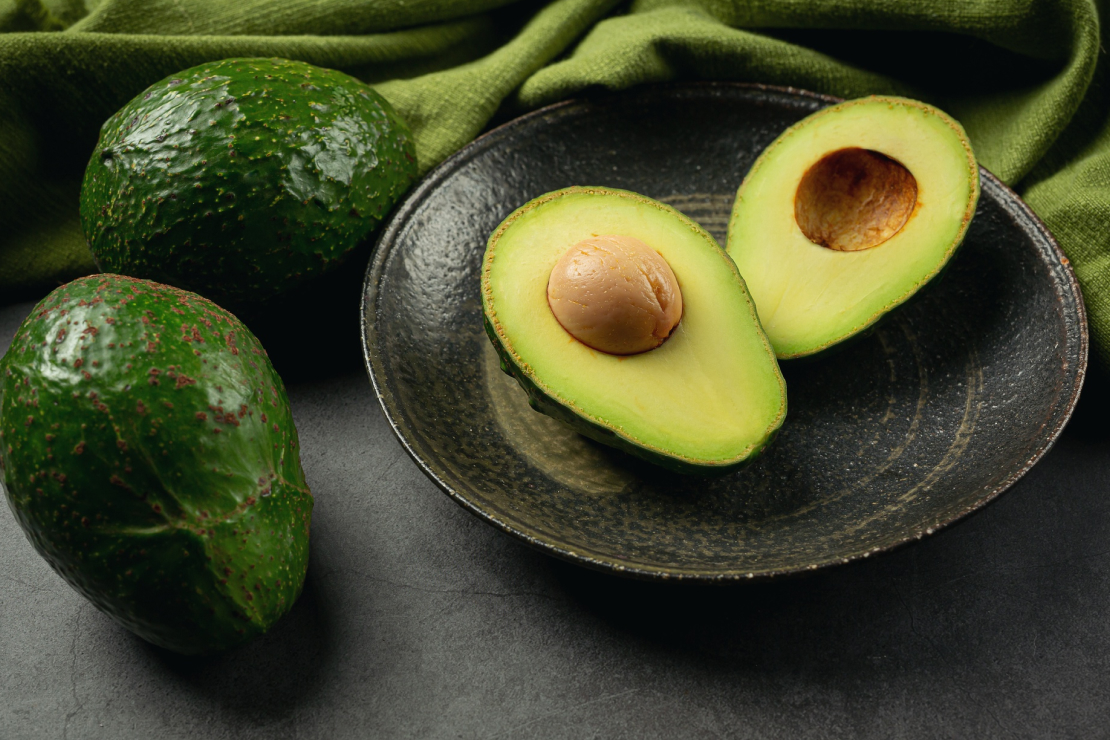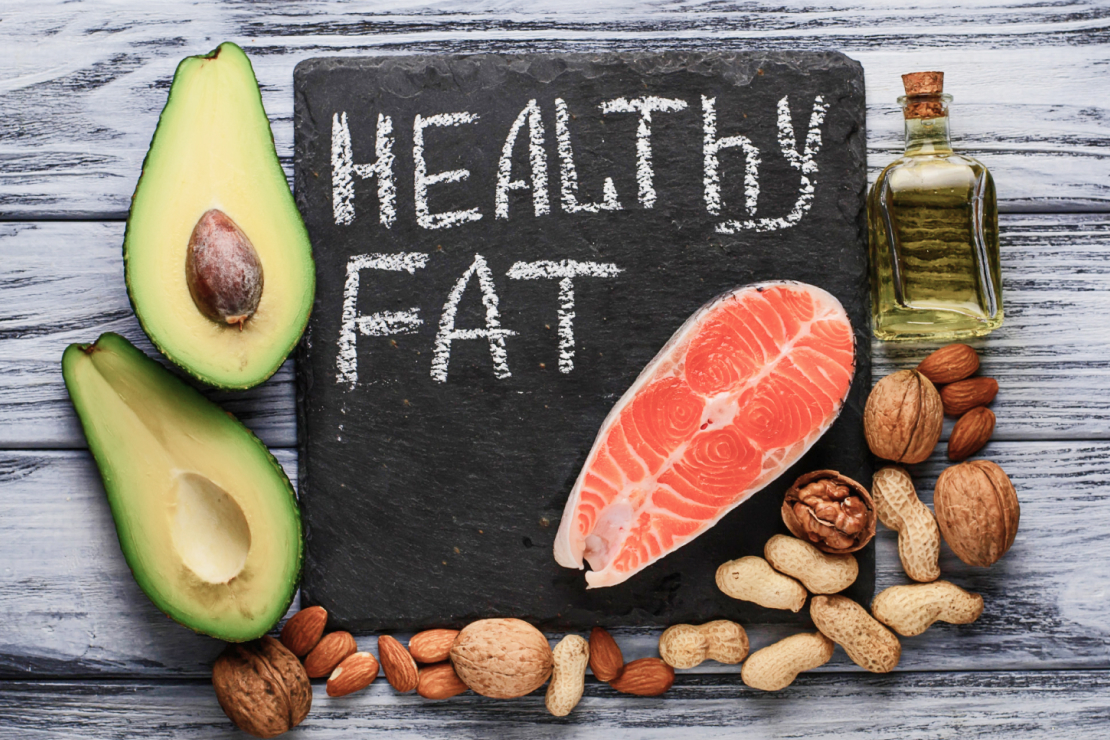Avocado Macros: Healthy Fat or Calorie Trap?
Delve into the macro profile of avocados to understand if this popular fruit is a healthy fat source or a hidden calorie trap. Learn how to incorporate avocados into your diet for weight management, heart health, and overall well-being without overdoing it.

Table of Content
Avocados have soared in popularity, becoming a beloved staple in everything from toast to smoothies. Hailed as a superfood, they're celebrated for their creamy texture and rich nutrient profile. However, with their relatively high fat content, a common question arises: are avocados a source of healthy fats, or can they quickly become a calorie trap, especially for those meticulously tracking their macros?
The Macro Breakdown of an Avocado
The nutritional content of an avocado can vary based on its size. A medium-sized avocado (about 150-200 grams) typically contains:
- Fat: 20-30 grams (predominantly monounsaturated fats)
- Carbohydrates: 10-15 grams (mostly fiber, with very little net carbs)
- Fiber: 7-10 grams
- Protein: 2-4 grams
- Calories: Approximately 250-320 calories
It's clear that fat is the dominant macronutrient, contributing significantly to its calorie count.
Healthy Fat Powerhouse: The Benefits of Avocado Fats
The fats in avocados are overwhelmingly healthy, primarily monounsaturated fatty acids (MUFAs), particularly oleic acid. These fats are associated with numerous health benefits:
- Heart Health: MUFAs can help lower LDL (bad) cholesterol levels while increasing HDL (good) cholesterol, reducing the risk of heart disease.
- Satiety: Healthy fats contribute to feelings of fullness and satisfaction, which can help manage appetite and prevent overeating, aiding in weight management.
- Nutrient Absorption: Avocados are rich in fat-soluble vitamins (A, D, E, K). The healthy fats in avocados help your body absorb these vitamins from other foods you eat alongside them.
- Anti-inflammatory Properties: The compounds in avocados, including their healthy fats, possess anti-inflammatory properties that can benefit overall health.
Beyond Fats: Other Nutritional Riches
Avocados are also packed with an impressive array of vitamins and minerals:
- Potassium: More potassium than a banana, crucial for blood pressure regulation and fluid balance.
- Vitamin K: Essential for blood clotting and bone health.
- Vitamin C: A powerful antioxidant that supports immune function.
- Vitamin B6: Important for brain development and function.
- Folate: Vital for cell growth and function, especially important during pregnancy.
The "Calorie Trap" Concern: Portion Control is Key
While avocados are undeniably healthy, their high fat content translates to a high-calorie density. This is where the "calorie trap" aspect comes into play. It's easy to consume an entire avocado without realizing you've added 250-320 calories to your meal.
For individuals tracking macros or aiming for weight loss, minding portion sizes is crucial. A typical serving size is often considered to be one-third to one-half of a medium avocado.
Avocados for Weight Management and Macro Goals
For Weight Loss
Despite their calorie density, avocados can support weight loss. Their healthy fats and fiber contribute to satiety, helping you feel full and reducing the urge to snack on less nutritious foods. When consumed in moderation and within your daily calorie targets, they can be a valuable addition to a weight loss diet.
For Macro Tracking
Avocados are an excellent way to hit your healthy fat macros, especially for those on low-carb or ketogenic diets where fat intake is higher. They provide a clean source of energy and essential fatty acids.
Tips for Incorporating Avocados into Your Diet Smartly
- Measure Portions: If you're tracking macros, weigh your avocado portion or stick to a visual cue like one-third of a medium avocado.
- Pair with Protein and Fiber: Combine avocado with lean protein sources and plenty of vegetables to create a balanced and filling meal.
- Healthy Fat Substitute: Use mashed avocado as a healthy substitute for mayonnaise in sandwiches or dressings.
- Smoothie Boost: Add a small amount to smoothies for creaminess and healthy fats.
- Guacamole (in moderation): Enjoy homemade guacamole, but be mindful of portion sizes.
Track Your Avocado Intake with Macro Tracking AI
Macro Tracking AI can help you seamlessly integrate avocados into your diet while staying within your macro goals:
- Accurate Logging: Easily log your avocado portions and accurately track its contribution to your daily fat and calorie targets.
- Personalized Meal Planning: Our AI can suggest meal ideas that incorporate avocados in appropriate portions, helping you balance your macros effectively.
- Nutrient Insights: Gain a comprehensive understanding of the vitamins and minerals you're getting from avocados, ensuring a well-rounded and nutritious diet.
Avocados are indeed a healthy fat powerhouse, offering a wealth of nutrients and benefits. The key to enjoying them without falling into a "calorie trap" is mindful portion control. When consumed smartly, avocados can be a delicious and valuable component of a balanced, macro-friendly diet, supporting your heart health, satiety, and overall well-being.
Start Your Health Journey Today
Download Macro Tracking AI and take control of your nutrition with the power of artificial intelligence.
Download on App Store

